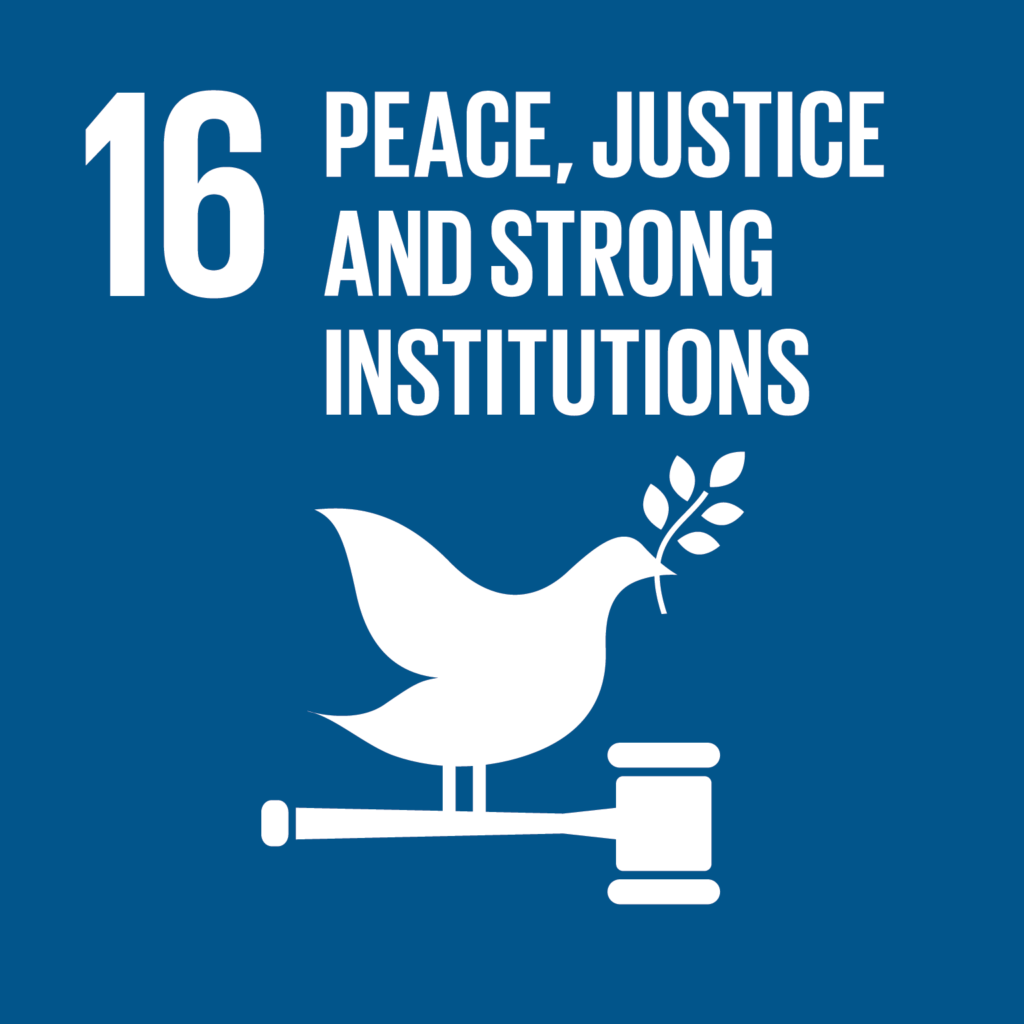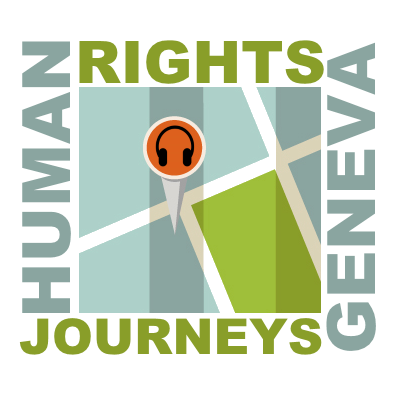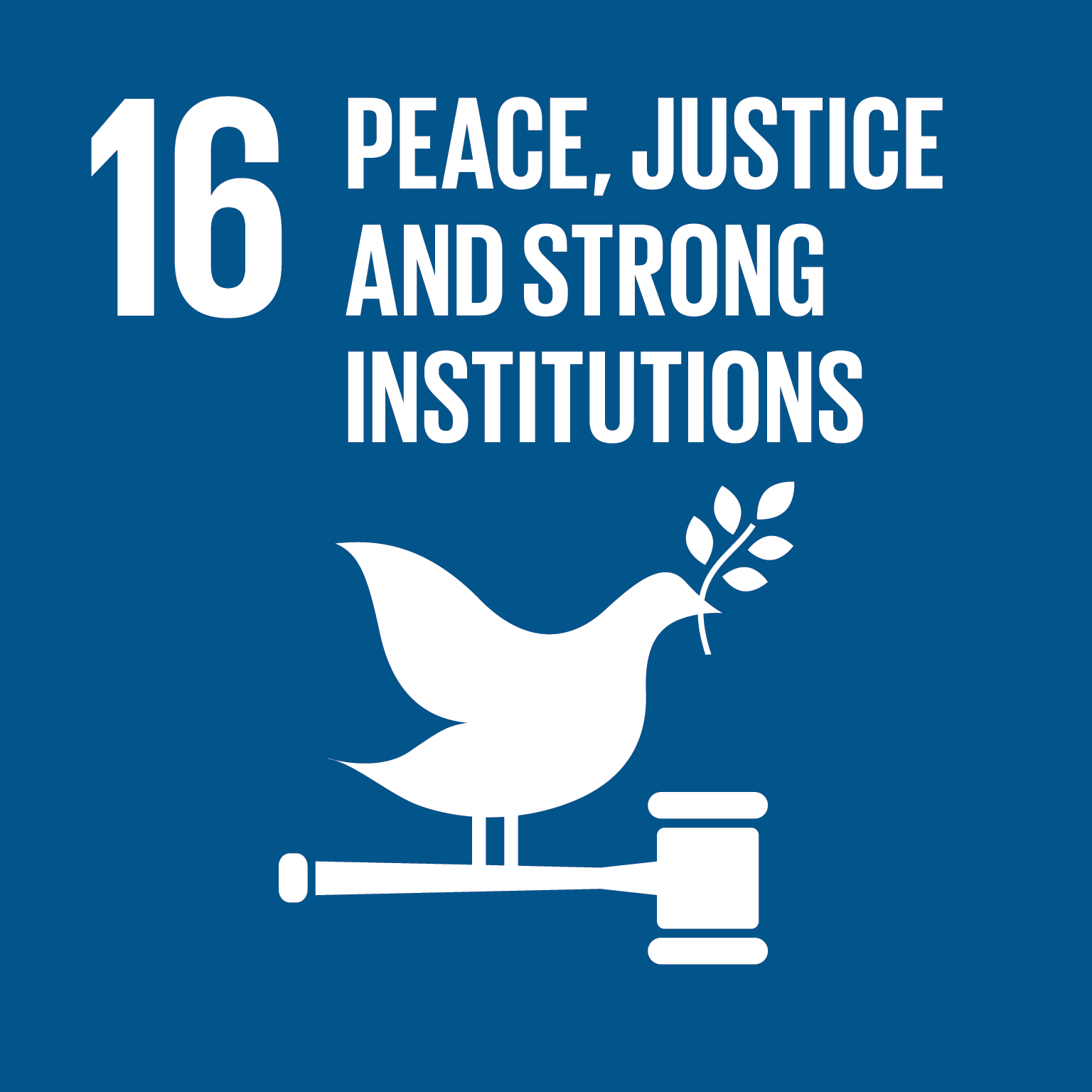SGD16 : TRUST > LAW > SECURITY
This page appears as part of the human rights journeys page ‘State & Society Watch‘.
The United Nations has tried to include the quest for an inclusive state in their Sustainable Development Goals (SDG’s) for 2030. In the faith context the most important goal is no 16:

Promote peaceful and inclusive societies for sustainable development, provide access to justice for all citizens and build effective, accountable and inclusive institutions at all levels.
The contribution of freedom of faith and religious institutions in the dynamics of establishing enduring societies of justice and human rights should be taken into account. We need a renewed public theology.
Consider the achievement of SDG16 as a process of social contract. Citizens give a sovereignty mandate to rulers but never without conditions. This is the process of state sovereignty institution and distribution. Today the ancient wisdom of St. Augustine still makes sense: without justice rulers are like wolves. His tutor St. Ambrose denied the Roman emperor the right to use the church as his mouthpiece.
Christians and religious people in general may mistakenly see the earthly rule for peace and justice through the lens of perceiving God’s intervention or the direct implementation of sacred text. These tendencies can be summarized by the term “theocracy”. St. Augustine and St. Ambrose, both living at the end of the Roman empire, did not confuse earthly rule and declarations of divine intervention. Yet, their goal was nothing less than what SDG16 promotes. And what is more: the importance of their words is still very relevant.
The scientific term for a just social contract or SDG16 is “Open Access”. It is said that today only about fifteen percent of the world population lives in the so-called “open access societies”. These are nations where impersonal and inclusive institutions function in a sustainable way (North, Douglass, etc. Violence and Social Orders, xii). In essence in these societies public trust has developed on an individual scale, thus allowing for a process by which subjects of government become citizens with individual responsibility. Government has no absolute right in such societies.
What does achieving SDG16 in more nations take? Sustainable institutions. What do sustainable institutions ask for? A just and peaceful process of authority and mandate. In the present world of globalization political authority and its mandate come about through territorial sovereignty and citizenry. No nation in the United Nations allows others to run its territory. But not all nations have effective governance and citizenry. Citizen rights cannot be bought or brought in from outside the country. Responsible citizens who trust each other are the secret of SDG16. Unjust rulers fear effective citizenry. The right institutional process makes a peaceful social contract possible everywhere. As values oriented communities churches have the potential to further SDG16.
The word citizen indicates that originally responsive governance evolved in cities. The city wall was the border. In today’s world the country borders of the Westphalia system resemble the city walls during the historic development of rule of law. The saying is: “no borders, no justice, or rather: no social justice” (WRR, Doing good or doing better, page 386)
The evolving post-western order is an opportunity to achieve SDG16 in many more countries. A meta-analysis of the requirements of SDG16, taking into account the list of suggested materials below, brings four necessary factors to the fore:
violence monopoly
economic freedom
freedom of faith and assembly
free partner choice and the nuclear family
The synergy of the four factors mentioned above determines sustainable peace and prosperity in a given country and thus SDG16. The United Nations can play an important complementary role in as much as it allows for the voice heard of citizens towards their government.
The aim of this web page is to promote Christian research and action to achieve SDG16.
—-
At the installation of bishop Abraham Mulwa of the Africa Inland Church in 2020, Kenya’s president Uhuru Kenyatta addresses the different responsibilities of church and state, in service of humanity and all of creation:
—-
Suggested material:
African Union Commission (2015) The Africa We Want, Agenda 2063
Afrobarometer.org (2023) Country based societal statistics for Africa
Annan, Kofi (2013) Equity in Extractives: Managing Africa’s Mineral Wealth. Geneva, Lecture Graduate Institute
Ban Ki-Moon (2012) ‘The Key to Prevention of Atrocities lies within each Society’. Address Stanley Foundation Conference
Berkhof, Hendrik (1946) Kirche und Kaiser. Buchdruckerei Effingerhof
Berman, Harold J. (1983) Law and Revolution: The Formation of the Western Legal Tradition I and II. Cambridge
Bitter, Jean-Nicolas, Ullmann, Angela (2018) Swiss Experiences in Addressing Religion in Conflict CCS ETH Zurich
Blair, Tony (2023) Portrait of his think tank advising over 40 governments worldwide, 16 in Africa. FT
Booth, David (2010) ‘Country Ownership’ When There is No Social Contract: Towards a Realistic Perspective. Amsterdam, SID lecture
Center on Foreign Relations (2016) How to Support Democracy in the Arab World.
Dooyeweerd, Herman (1959) Roots of Western Culture. Pagan, Secular, and Christian Options. The Edwin Mellen Press
Dooyeweerd, Herman (1973) An explanation of contemporary Calvinist thought about sustainable society Yourube.com
European Parliament (2020) Peace, justice and strong institutions. EU support for implementing SDG 16 worldwide. European Union
Fukuyama, Francis (2011) The Origins of Political Order: From Prehuman Times to the French Revolution. Farrar, Straus and Giroux
Fukuyama, Francis (2013) Democracy and the Quality of the State. Journal of Democracy
Franke, Sophia G. and Marc Quintyn (2012) Institutional Transformations, Polity and Economic Outcomes: Testing the North-Wallis-Weingast Doorsteps Framework. IMF Working Paper
Girard, René (1977) Violence and the Sacred. The John Hopkins University Press
Grotenhuis, René (2016) Nation Building as Necessary Effort in Fragile States. Amsterdam University Press
Guterres, Antonio (2019) Comment on Global Wave of Demonstrations. United Nations Secretary General Twitter
Haass, Richard N. (2017) World Order 2.0. Council of Foreign Relations
Henderson Roger D. (2017) A successful application of the Principle of Distributed Authority, or Sphere Sovereignty. Philosophia Reformata
Hengelaar, Albert (2023) Church and state in Kenya and the role of equality in nations
Hirsi Ali, Ayaan (2023) Why I am now a Christian UnHerd blog
John Knox Series (2012) Churches and the Rule of Law. John Knox Centre
Kimani, Martin (2022) Statement on country sovereignty at the Ukraine Security Council emergency session
Koskenniemi, Martti (2011) Histories of International Law: Dealing with Eurocentrism. Inaugural address Peace of Utrecht Chair University of Utrecht
Kupchan, Charles A. (2012) No One’s World. The West, The Rising Rest, and The Coming Global Turn. Oxford University Press
Lalleman, Pieter (2016) Open letter in 2016 to churches and groups which are not in a denomination, in particular to ‘Baptistic’ congregations. Nederlands Dagblad
Li, Eric (2019), ‘How do you block a country of 1.4bn people?’ Interview in FT
Mahbubani, Kishore (2008) The New Asian Hemisphere: The Irresistible Shift of Global Power to the East. Public Affairs
Marlef, Guido (2020) An Experiment of Social Equality? The Case of the Calvinist Republic in Antwerp (1577-1585) Article in Inequality and the City in the Low Countries (1200 – 2020)
Monarchomachs, wiki explanation of movement
Moor, Tine de, Zanden, Jan Luiten van (2009) Girl power: the European Marriage Pattern and Labour Markets in the North Sea Region in the Late Medieval and Early Modern Period. The Economic History review
Munshya, Elias (2024) Church and State Relations in Zambia IIRF
Mutzner, Michael (2014) Presentation on UN work for justice in society. Integral Alliance
North, Douglass C., John J. Wallis and Barry R. Weingast (2009) Violence and Social Orders: A Conceptual Framework for Interpreting Recorded Human History. Cambridge University Press
Obama, Barack (2010), Best practices in Development. allafrica.com
Open Societies Foundation (2023) The U.N. can no longer maintain human rights and the demise of “name and shame”
Ossewaarde, Ringo (2007) Three Rival Versions of Political Enquiry: Althusius and the Concept of Sphere Sovereignty. The Monist
Putnam, Robert D. (2007) E Pluribus Unum: Diversity and Community in the Twenty-first Century. The 2006 Johan Skytte Prize Lecture
Ramos-Horta, José (2013) Diversity and Statehood. Geneve Lecture Series. Complexities of Peace Making: The Untold Story
Riesebrodt, Martin (2014) Secularisms: Ideals, Ideologies and Institutional Practices. Geneva, Conference and Conference Note Graduate Institute
Robinson, James A, and D. Acemoğlu (2012) Why Nations Fail. Crown Publishing Group
Robinson, Marilynne (1998) Darwinism. and Puritans and Prigs. (In The Death of Adam). Picador
Sachs, Jeffrey (2019) US no longer defends international rule of law. FT
Sap, John W. (2001) Paving the Way for Revolution. Calvinism and the Struggle for a Democratic Constitutional State VU Uitgeverij Amsterdam
Shaheed, Ahmed (2020) Special Rapporteur Freedom of Religion or Belief Report to the U.N. General Assembly. UN Human Rights Council
Shana, Goodwill (2022) “I think it will be good for the church to have a thinktank on church and politics” Interview on WEA news page
Siedentop, Larry (2014) Inventing the Individual. The Origins of Western Liberalism. Penguin Books
Stevens, Friso M.S. (2023) Chinese assertiveness and the rise of Xi Jinping: ideational mobilization, elite contestation, and the struggle over regional order Universiteit Leiden
Sun Yanfei (2017) The Rise of Protestantism in Post-Mao China: State and Religion in Historical Perspective. American Journal of Sociology
Wallet, Bart (2023) Interview with Annegina Randewijk on nation building aspects of Israel Palestine conflict. ND
Winthrop, John (1630) A Modell of Christian Charity. Collections of the Massachusetts Historical Society
Witte Jr., John (2015) Why Two in One Flesh? The Western Case for Monogamy over Polygamy. Emory Law Journal
WRR (2009) Doing Good or Doing Better. Amsterdam University Press
WRR (2010) Less Pretention, More Ambition. Amsterdam University Press
Best Practices
Fiedler, Rebekka (2017) Making peace reality – the impact of the Interfaith Peace Platform on the peace process in CAR. Henry Dunant Human Rights Series
Metreau, Clément (2016) Le phénomène évangélique. Un éclairage politique et religieux. Henry Dunant Human Rights Series
Useful links:
World Evangelical Alliance Geneva Liaison Office

